Additional provisions on fill
Discussing in the Group, delegates assessed that the draft Law amending and supplementing a number of articles of the Law on Geology and Minerals has many new points, demonstrating modern, transparent and feasible management thinking. In addition, it has focused on three major pillars: perfecting the mechanism for exploiting Group IV minerals to serve public investment; decentralization - delegation of power associated with accountability; resource management associated with environmental protection and sustainable development.

Commenting on the issue of exploiting Group IV minerals for landfill (Clause 18, 19, Article 1, amending Articles 72 and 73), National Assembly Deputy Cam Ha Chung ( Phu Tho ) said that in reality, many localities are seriously lacking in land for key transport and infrastructure projects. The draft has institutionalized a specific mechanism, allowing for simplification of licensing procedures for mining and landfill, facilitating public investment. However, there are still two issues that need to be adjusted, as pointed out by the delegate.
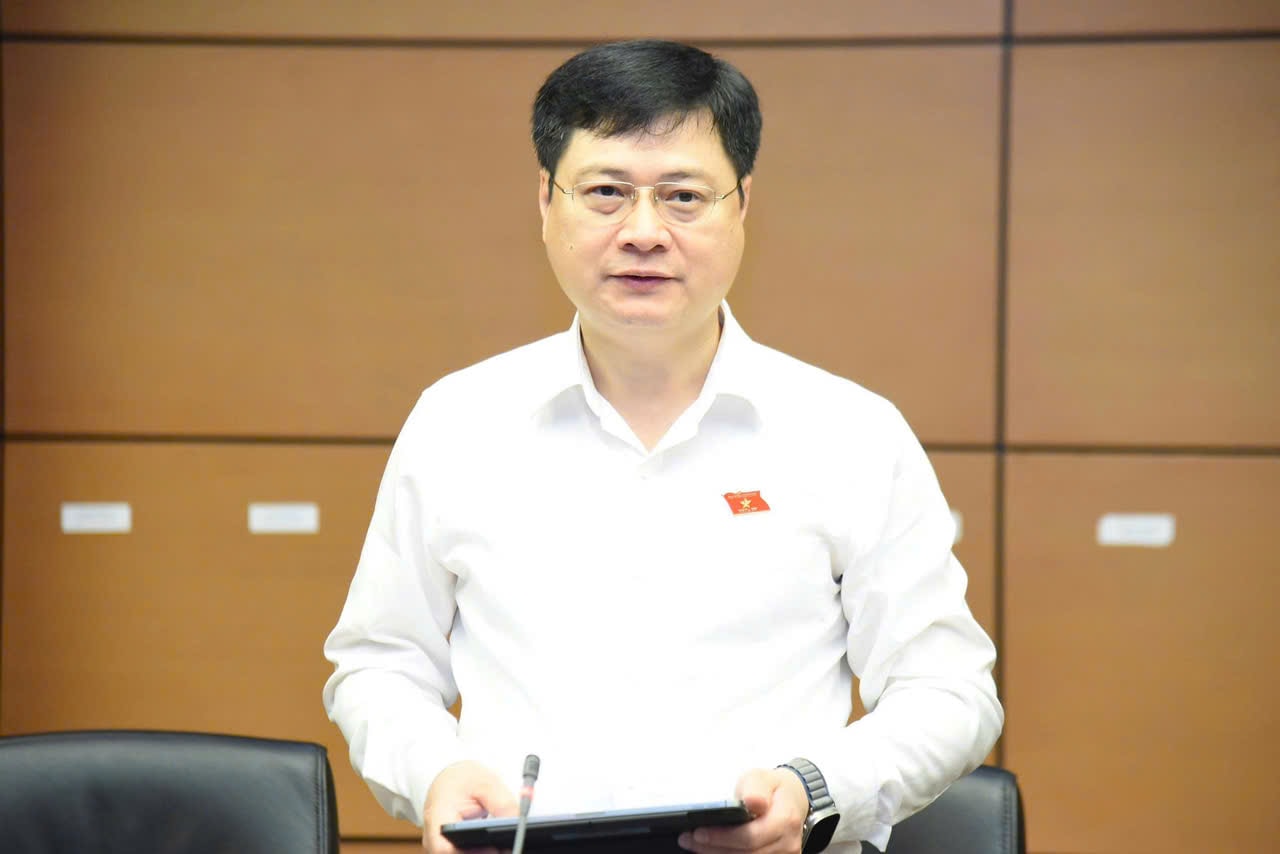
Firstly , the draft does not have specific regulations on compensation and site clearance when reclaiming land for exploitation as landfill materials. The lack of unified guidance causes confusion in finalizing and adjusting total investment, especially for old projects.
Second , the current special mechanism is only open in terms of procedures, not in line with environmental requirements. If technical criteria and strict post-inspection are not determined, landslides, erosion, and impacts on people's lives may arise. Therefore, delegates proposed to add separate provisions to fully regulate the embankment, including authority, procedures, environmental criteria, post-inspection and environmental restoration plans after exploitation.

Sharing the same view, National Assembly Deputy Dang Bich Ngoc (Phu Tho) cited that in reality, in some localities after merging administrative units, although projects need 4.2 to 4.5 million m3 of fill materials, after research and calculations to determine the location where 1.5 million m3 can be exploited, in reality, they cannot be exploited, leading to difficulties in disbursement and project implementation. The delegate suggested that the Government fully review the difficulties and obstacles nationwide regarding fill materials and foundation materials; study specific regulations on fill soil in the draft amended Law to comprehensively and thoroughly overcome current obstacles.
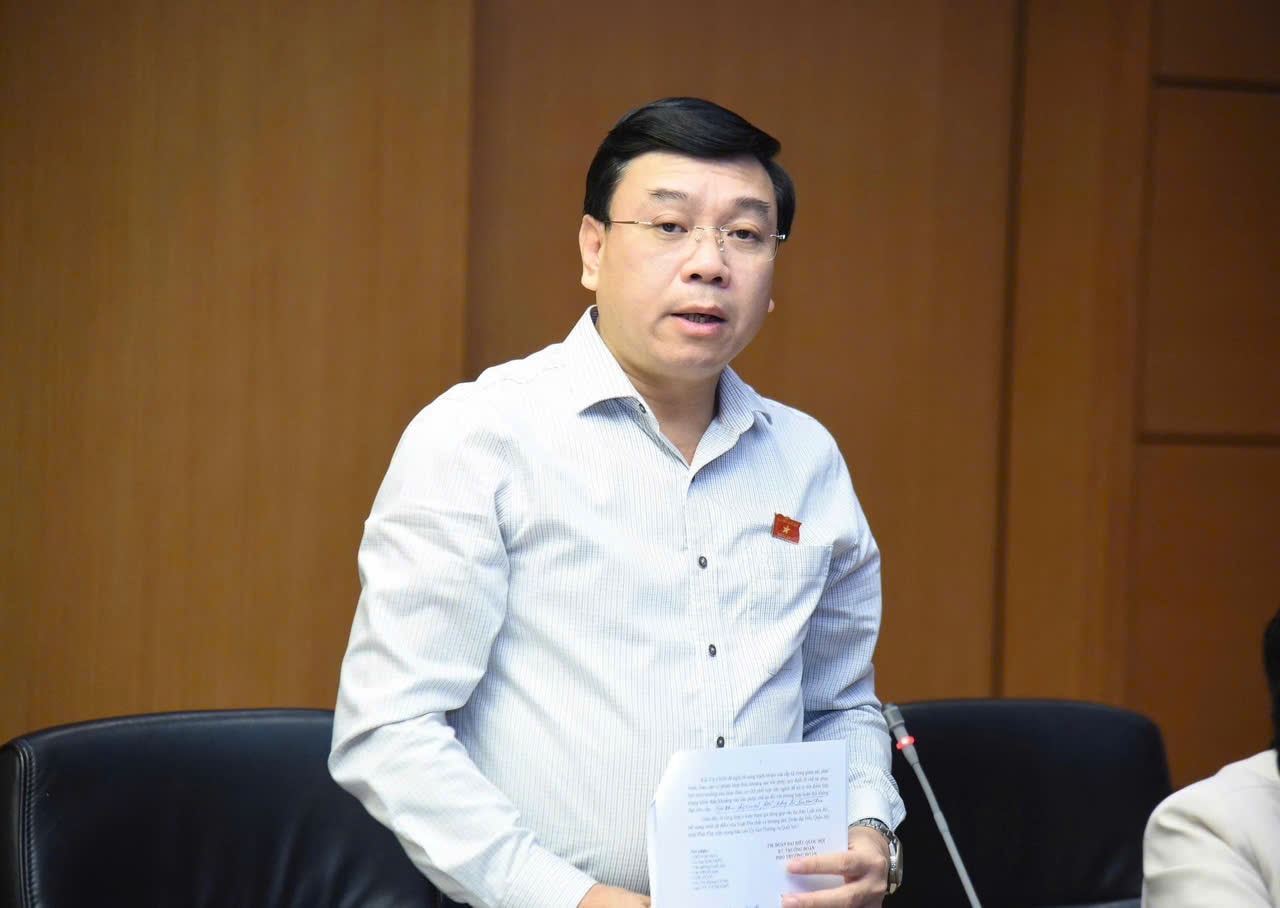
In addition, National Assembly Deputy Nguyen Van Manh (Phu Tho) suggested that it is necessary to add regulations on mechanisms and post-audit controls when cutting down procedures for exploitation and exploration of group III and group IV minerals during implementation, to avoid widespread exploitation, causing waste of resources and minerals, leaving consequences for the environment.
Adding commune-level responsibilities to tighten mineral resource management
National Assembly Delegate Nguyen Van Manh (Phu Tho) pointed out that the requirement to transport waste soil to planned dumping sites increases transportation costs, greatly affecting the total investment of projects.
Resolution 66.4/2025 of the Government on specific mechanisms and policies to remove difficulties in implementing the Law on Geology and Minerals in 2024 has helped to partially remove difficulties by allowing the use of waste land for bidding and allocation to public investment projects and investment projects implemented under the public-private partnership (PPP) method to supplement the missing land source. However, many urban and industrial park projects that also need this land source are not within the scope of application. Delegates suggested that the Government study and expand the scope of application, ensuring the effective use of land resources and reducing costs for investment projects nationwide.
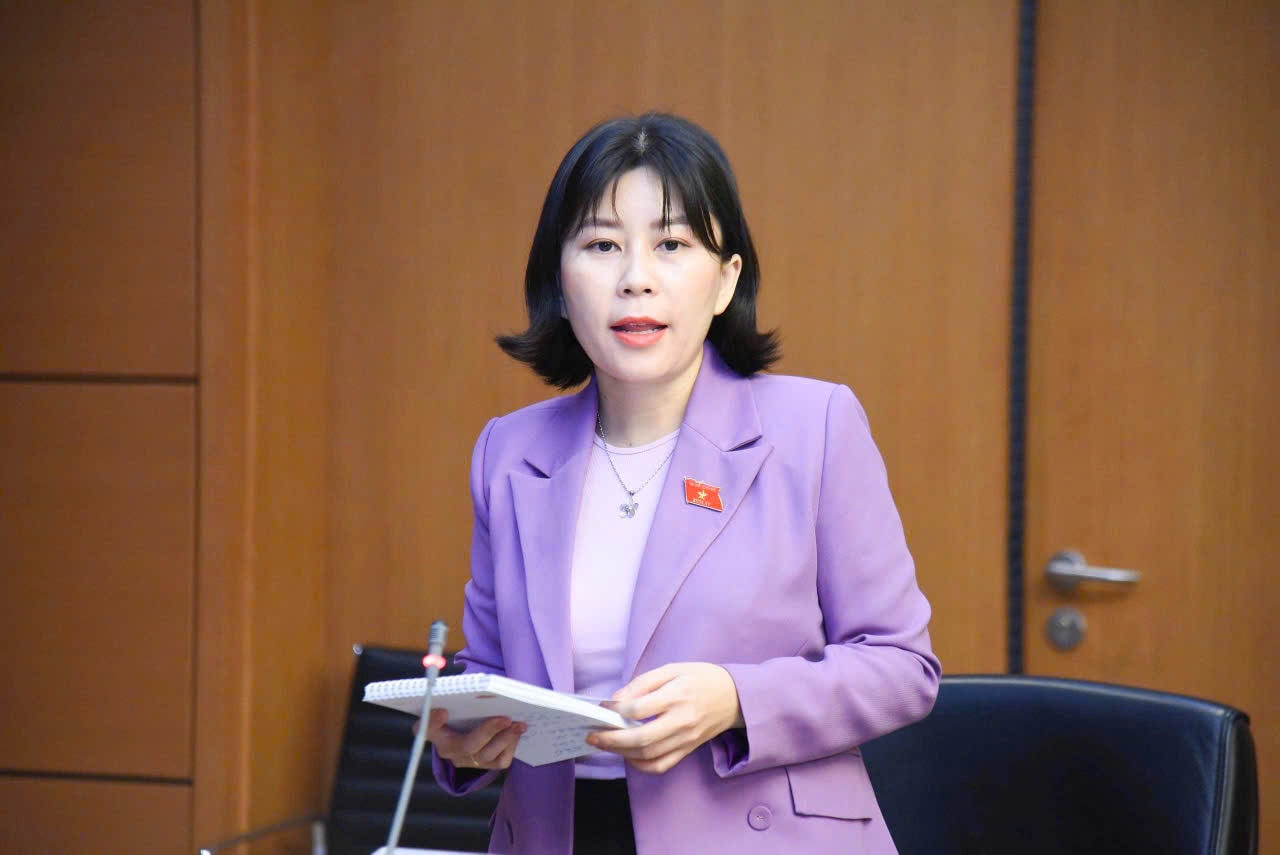
Commenting on the conditions for granting mineral exploitation licenses, National Assembly Deputy Le Dao An Xuan (Dak Lak) commented that Clause 1a states that granting licenses for exploiting Group III minerals for construction materials is not based on the mineral geological management plan. This is an "open" point in terms of procedures, but if the management plan is not based on it, it will be very difficult to determine mines with reserves and quality suitable for the project, leading to risks if we choose mines that do not guarantee reserves and quality for construction, which will cause waste and consequences after exploitation.
In addition, the delegate also suggested that in Clause 1a, Article 53, it is necessary to clarify the capacity conditions of investors and construction units, ensuring the exploitation of construction material mines to serve construction, ensuring technical requirements and environmental protection. In addition, in provinces where the Project Management Board is assigned as the investor, will it be considered a competent authority according to the provisions of this Clause?
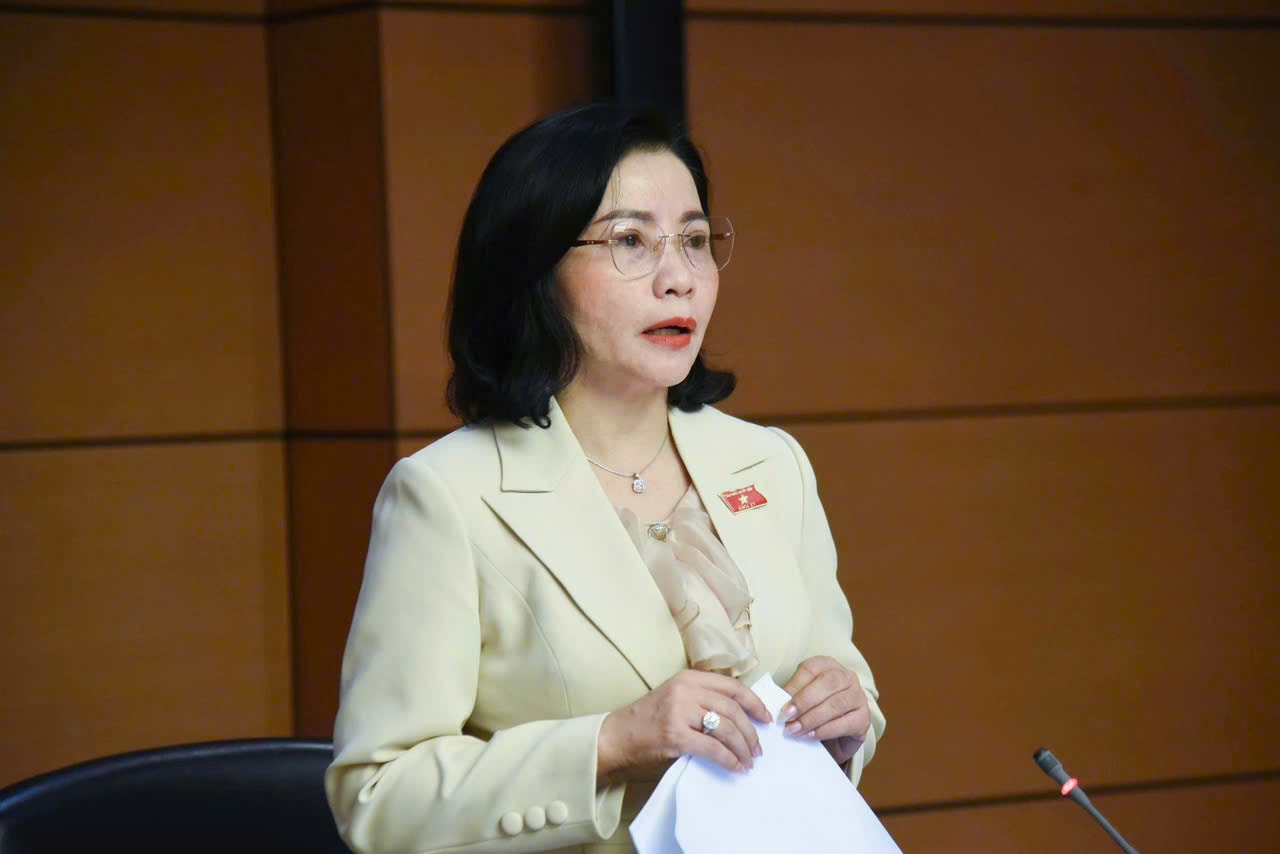
Regarding the exemption and reduction of environmental procedures, National Assembly member Cam Ha Chung agreed with the regulation allowing some mineral exploitation projects for landfill materials to not have to prepare environmental impact assessment reports but must have an exploitation plan. However, the delegate suggested clearly defining technical thresholds, scale, duration, volume, location, distance to residential areas and water sources to avoid overlapping with the Law on Environmental Protection. At the same time, the post-inspection mechanism must be clearly stated: frequency, content, responsible agency, sanctions in case of violations. Only when there is serious post-inspection will the "reduction of pre-inspection" be truly effective, both creating convenience and maintaining discipline in resource management.

According to National Assembly Deputy Le Dao An Xuan (Dak Lak), in the exploitation of surplus minerals, currently in many localities there are large amounts of waste soil and rock gathered at construction material dumps. In reality, this part of the mineral still has reuse value, especially the land for filling and soil and rock serving infrastructure construction. Therefore, it is proposed that the draft supplement regulations on plans to utilize waste soil and rock, in order to limit resource waste and improve the efficiency of mineral use.
Regarding the responsibilities of relevant agencies, National Assembly member Dang Bich Ngoc (Phu Tho) suggested that the draft should study and consider adding responsibilities of the commune level in monitoring, detecting and reporting violations of illegal mineral exploitation because the commune is the unit that directly understands the situation of mineral exploitation and people's feedback. Therefore, there must be strict regulations to monitor the exploitation and efficiency of mineral resources while still ensuring environmental factors. In addition, it is necessary to clearly stipulate sanctions and inter-sectoral coordination mechanisms to thoroughly handle illegal mineral exploitation situations.
Agreeing with the above opinion, National Assembly member Cam Ha Chung also proposed to add the role of the commune level and the inter-sectoral coordination mechanism in monitoring and handling violations. Because, in reality, illegal exploitation often occurs on a small scale and scattered at the commune and village levels. If the role of the grassroots government is not promoted, it will be difficult to prevent it in time. The delegate proposed to add regulations on the responsibility of the People's Committee at the commune level in monitoring, detecting, reporting and coordinating with competent authorities in inspecting and handling violations. At the same time, there should be strict sanctions for acts of not returning land or restoring the environment after exploitation.
Source: https://daibieunhandan.vn/co-che-tai-nghiem-khac-voi-hanh-vi-khong-phuc-hoi-moi-truong-sau-khai-thac-10394642.html





![[Photo] Closing of the 14th Conference of the 13th Party Central Committee](https://vphoto.vietnam.vn/thumb/1200x675/vietnam/resource/IMAGE/2025/11/06/1762404919012_a1-bnd-5975-5183-jpg.webp)


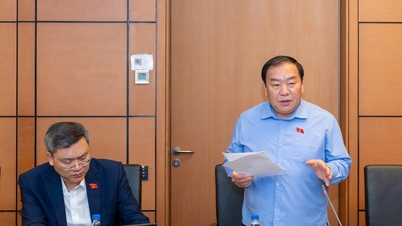
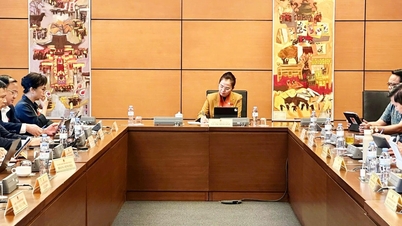
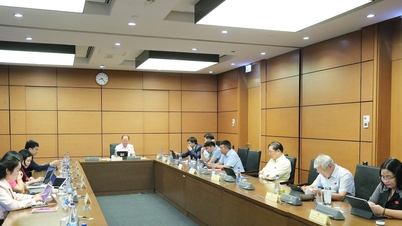


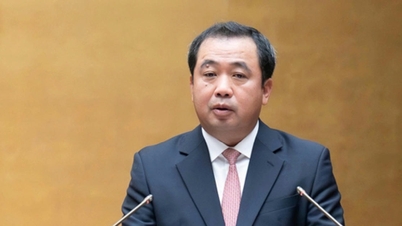

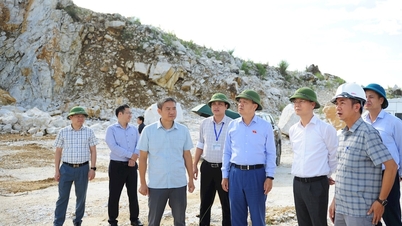
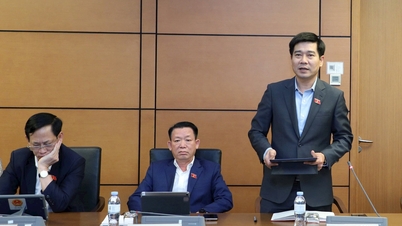
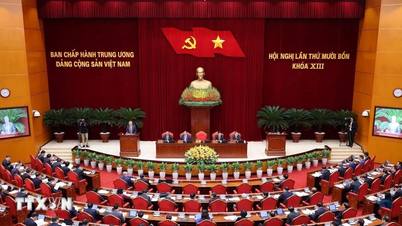

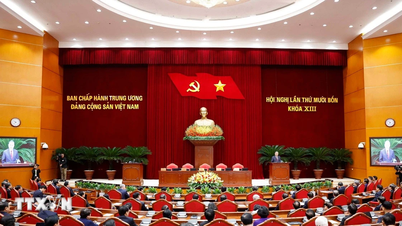
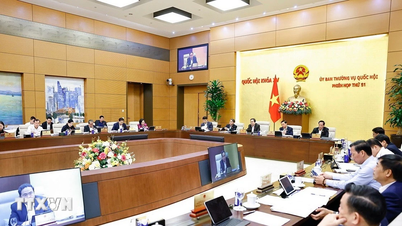
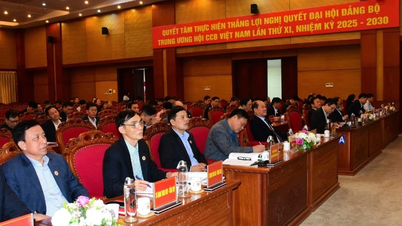

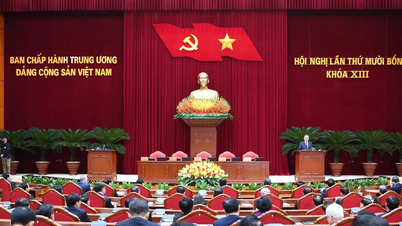




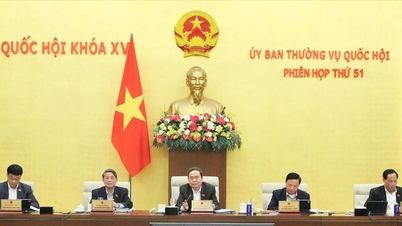



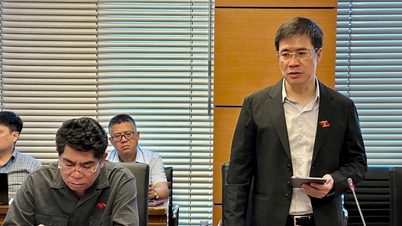
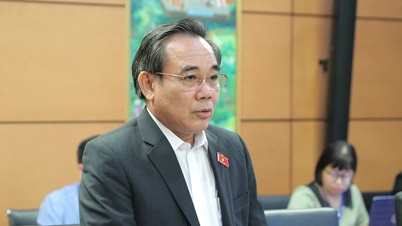






































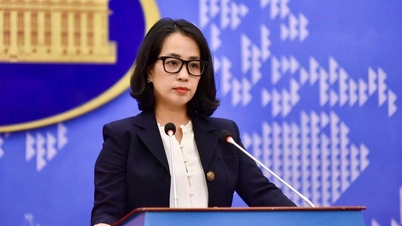
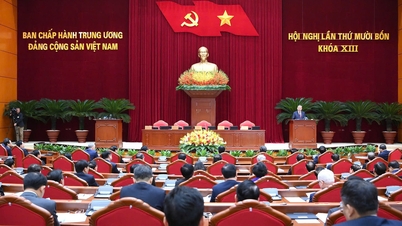


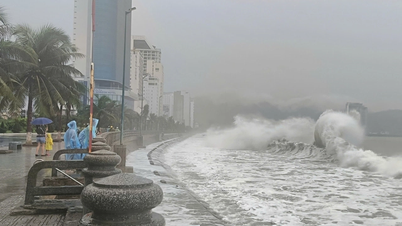
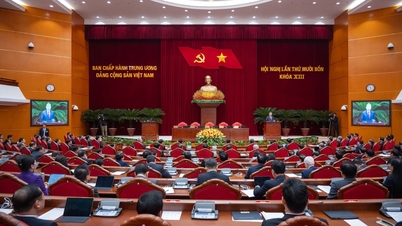






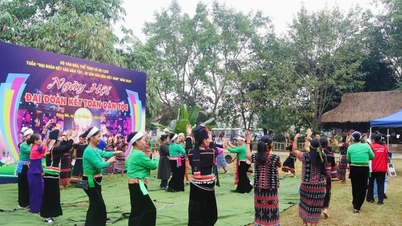
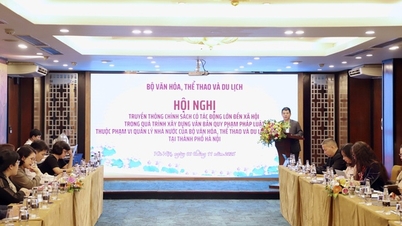
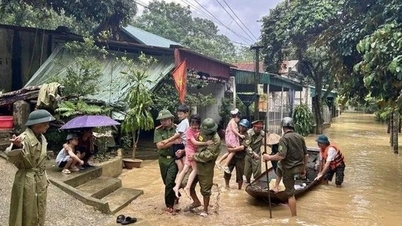
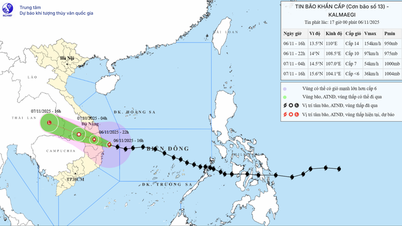

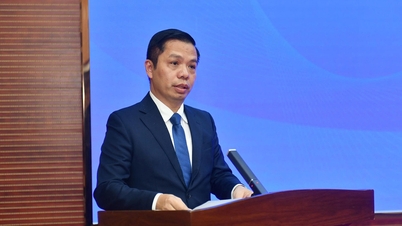



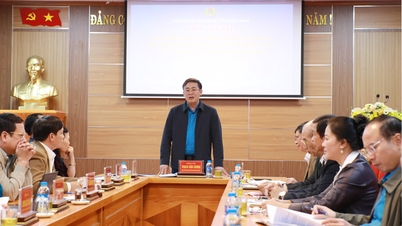
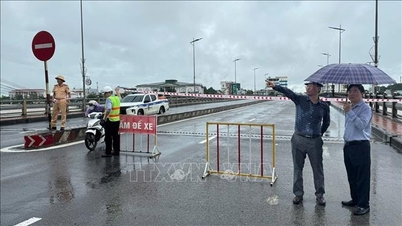

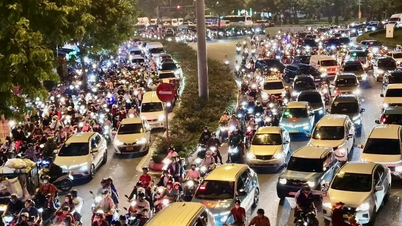










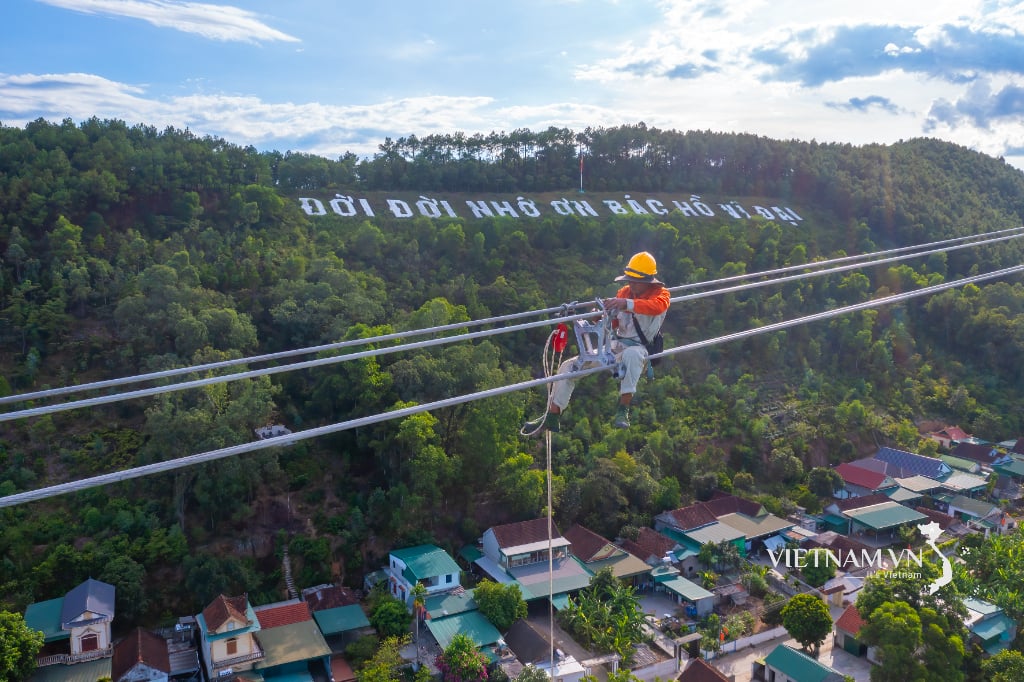
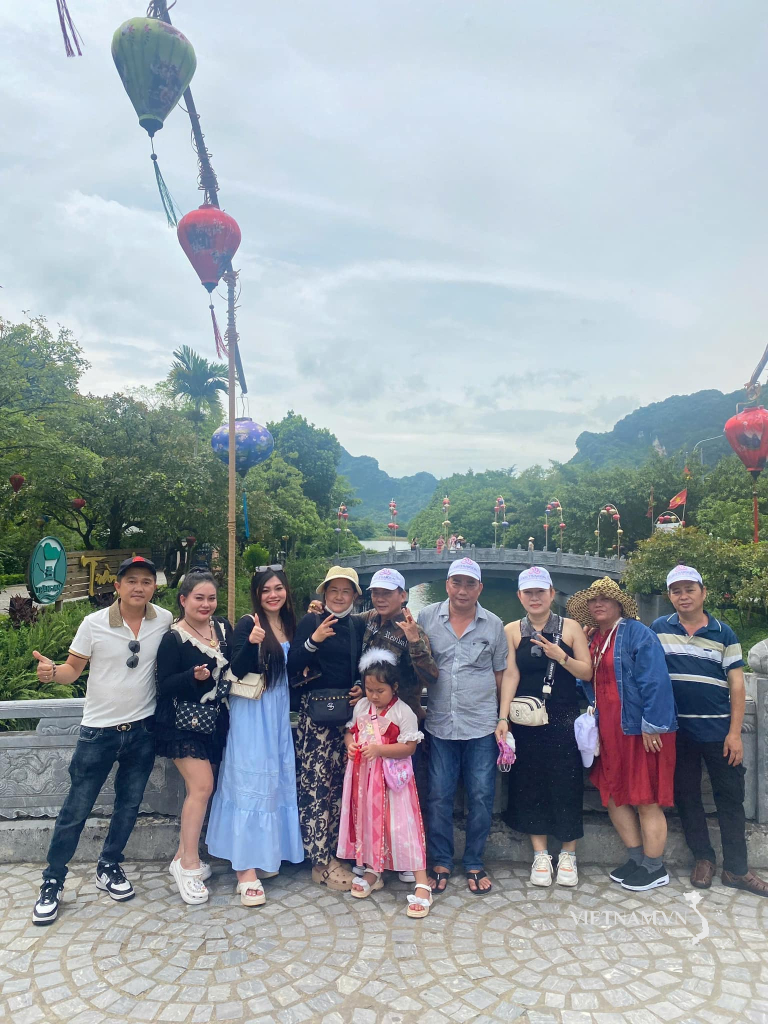

Comment (0)